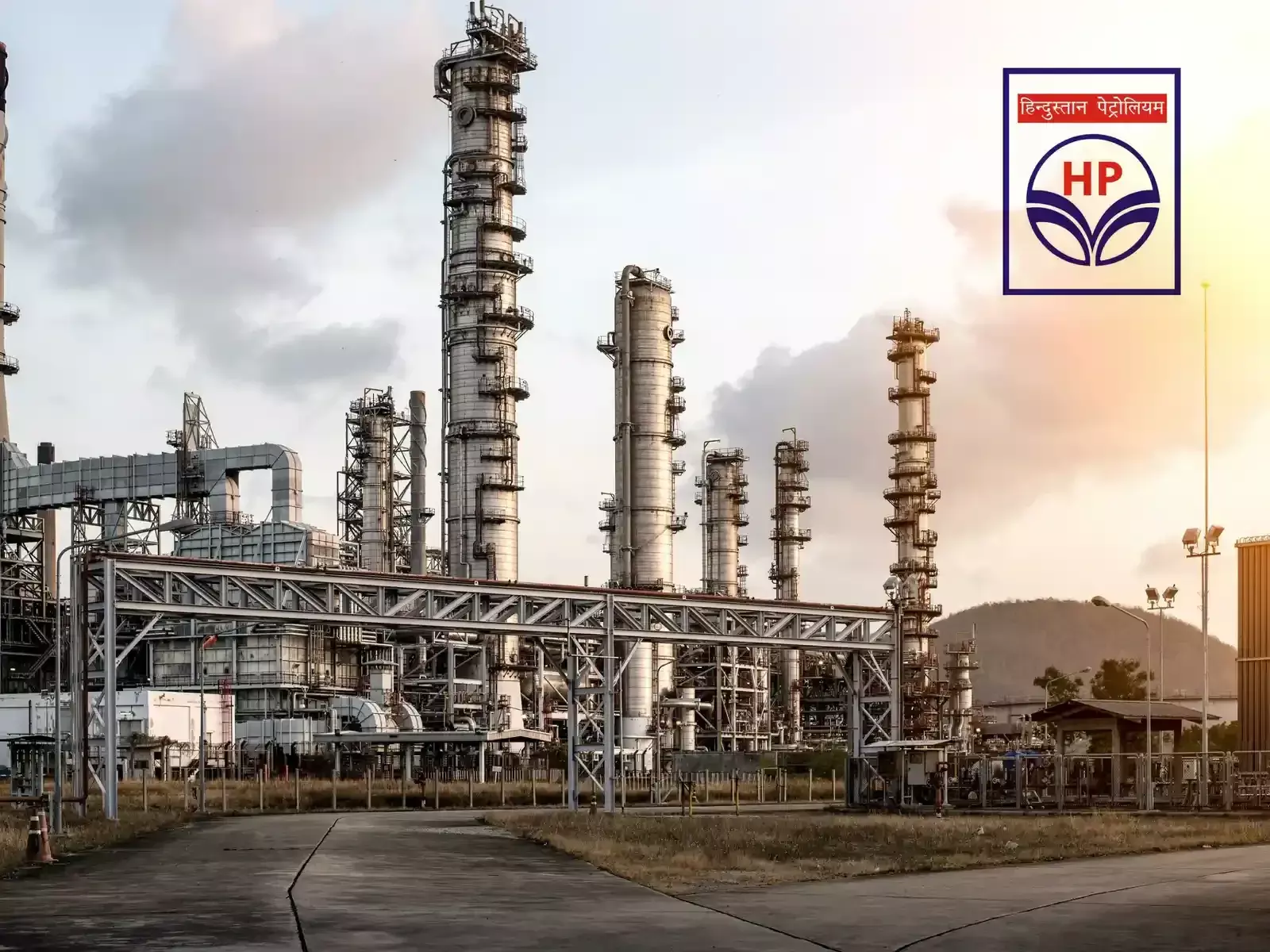Summary
India, the world's third-biggest oil importer, gets a bulk of its Russian supplies through the Red Sea. Russian supplies made up for over 35 per cent of India's total crude imports in 2023, amounting to 1.7 million barrels per day.
New Delhi: The ongoing attacks on shipping vessels by Houthi militants in the Red Sea have not impacted the flow of crude oil to India but freight has gone up due to rerouting via the Cape of Good Hope, Hindustan Petroleum Corporation Ltd (HPCL) chairman Pushp Kumar Joshi said.
India, the world's third-biggest oil importer, gets a bulk of its Russian supplies through the Red Sea. Russian supplies made up for over 35 per cent of India's total crude imports in 2023, amounting to 1.7 million barrels per day.
Russian ships and cargoes are not being prime targets of the attacks at this stage however rerouting of ships around the southern tip of Africa instead of transiting through the Suez Canal and Red Sea has led to ships taking longer voyages, resulting in the shortage of ships and rise in freight charges.
In a post-third quarter earnings call with investors, Joshi said HPCL has tied up crude oil supplies till mid-April and it does not see any supply disruptions.
HPCL meets 44-45 per cent of its crude oil needs on term contracts with national oil companies such as those in Saudi Arabia and Iraq. The remaining is on the spot or from the current market, he said.
"Term crude has not been impacted (due to the Red Sea crisis)," he said, adding the spot imports are on DES basis where the shipping is arranged by the supplier. "The spot supplies too are not impacted."
HPCL, he said, has "already tied up crude requirements till fiscal year end (in March) and the first couple of weeks of April." "Crude oil supplies have not seen any disruption as of now. This has definitely impacted the freight rates and freight rates have travelled northward."
Spot imports include opportunity crude such as Russian oil which is sold at a discount because some western nations have shunned it due to Moscow's February 2022 invasion of Ukraine.
"So far as supply is concerned, I am quite confident that supply requirements are being met. We also have to see how this situation unfolds in the next few weeks, basis that we will have to take a call but as far as the procurement side is concerned, I am already in a comfortable situation till March 31 and two weeks of April," he said.
Joshi said HPCL has tied up both term and spot supplies including opportunity crude till mid-April. "We are not experiencing any disruption there.".
On Russian imports, he said Russian oil made up for 30 per cent of all crude oil imported by HPCL in 2023.
While the supplies are not being impacted, the rerouting of ships could inflate insurance costs and crimp refining margins.
Shippers are avoiding the Red Sea and Bab al-Mandab Strait after a US-led coalition struck Iran-backed Houthi militants in northern Yemen. This however has impacted diesel exports to Europe. Longer voyages have hit diesel cargo cost, which has increased by $850,000-1 million.
Due to the rerouting of a voyage through the Cape of Good Hope instead of going through the Suez Canal, shipments from India to the US will take an additional 10-14 days, while shipments from Europe/the Mediterranean will take 20-25 days.
 Learn & Earn
Learn & Earn  Home
Home
